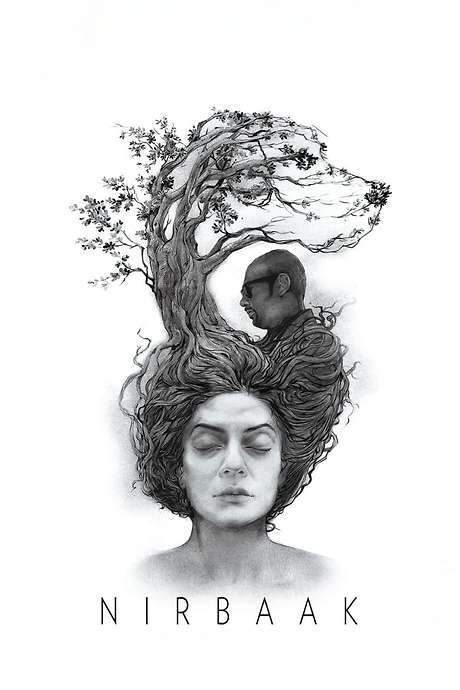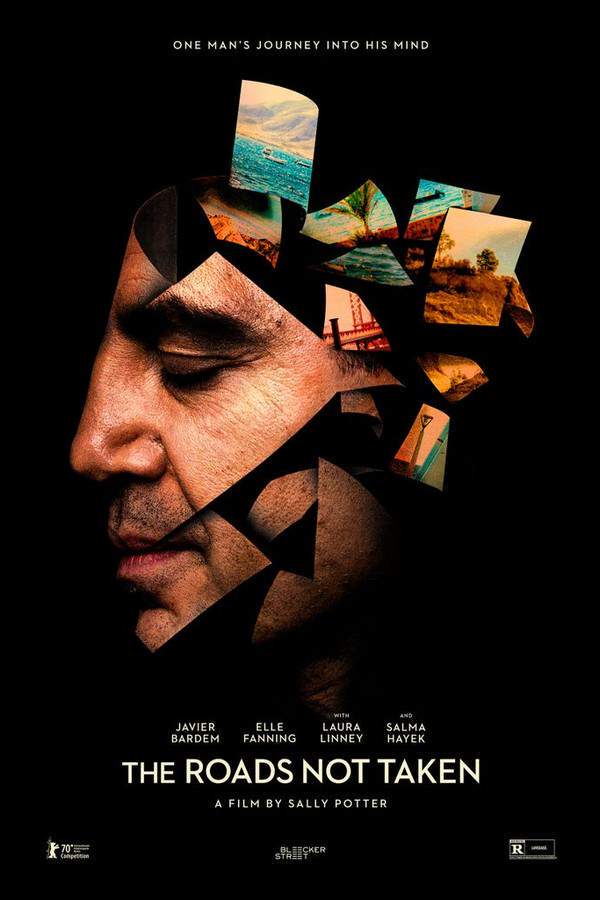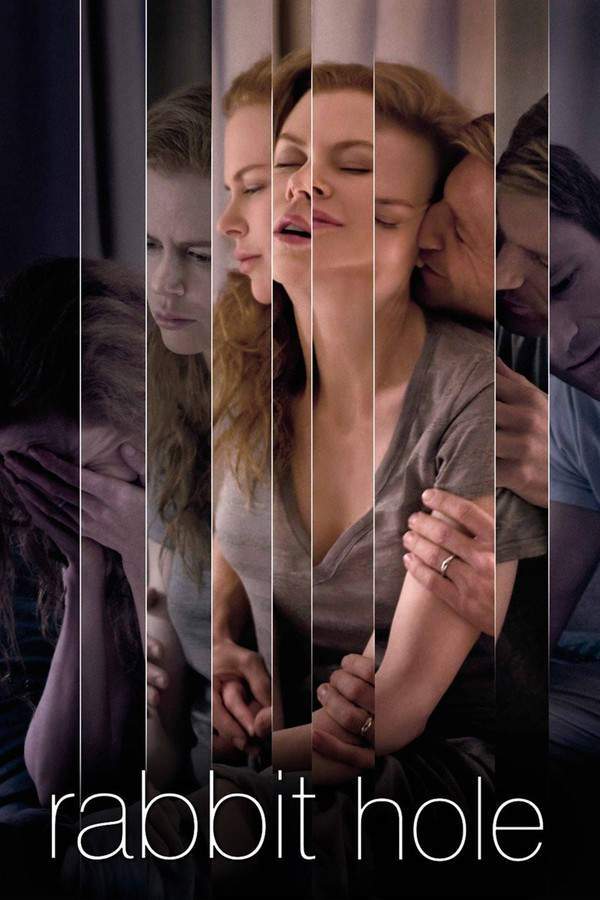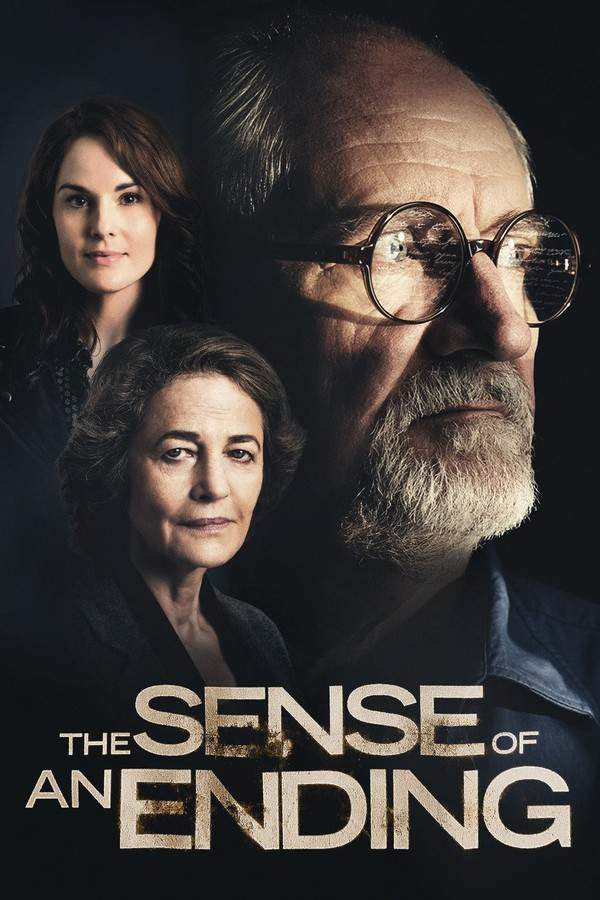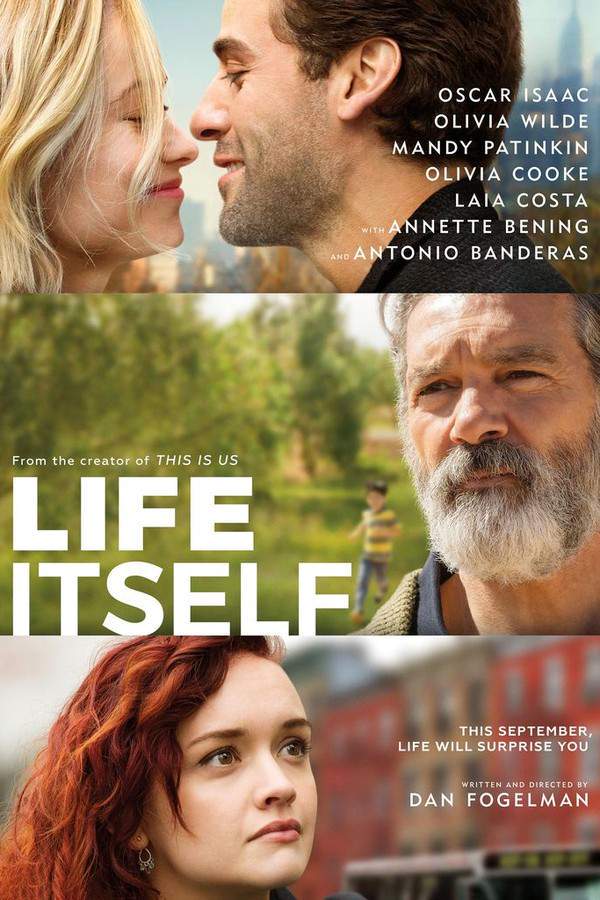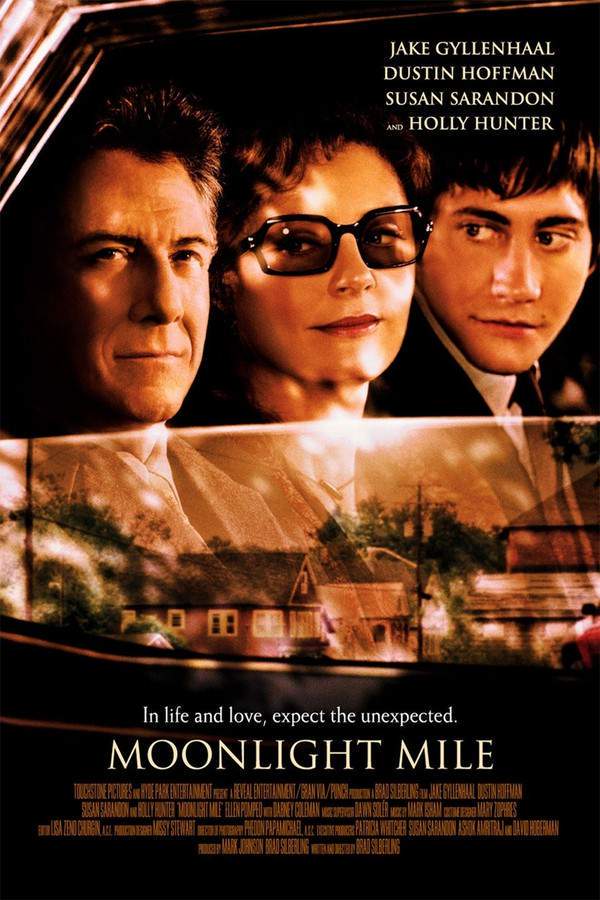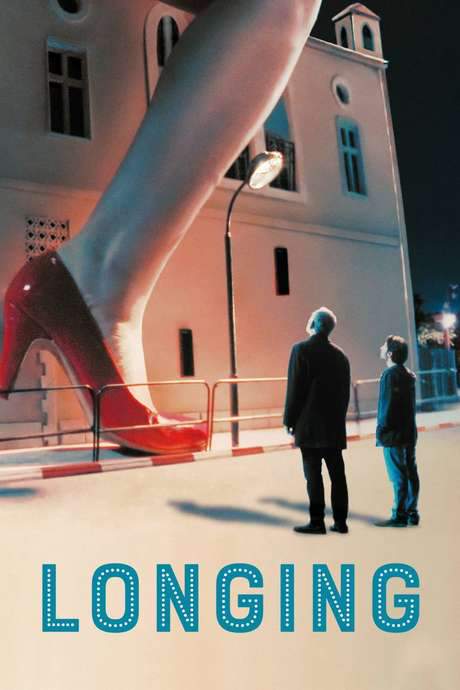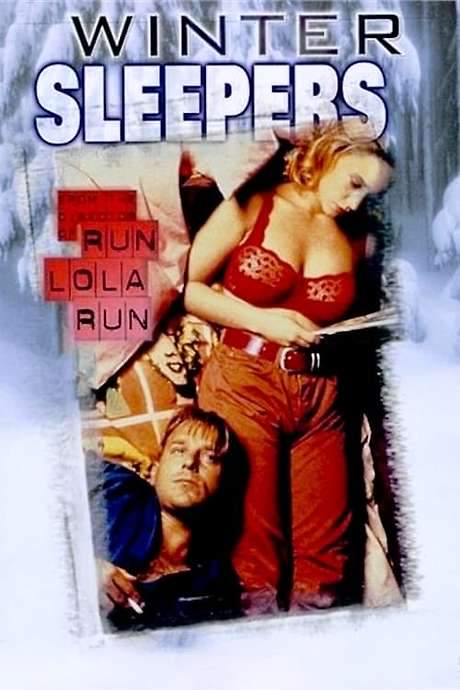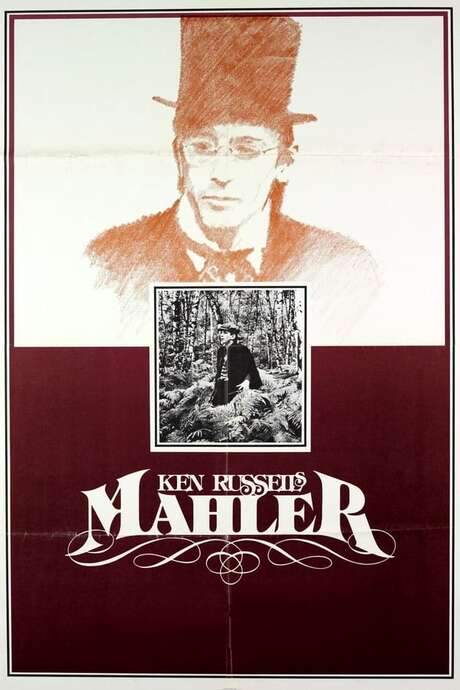
Mahler
Year: 1974
Runtime: 115 mins
Language: English
Director: Ken Russell
Through striking cinematography, the film becomes an electrifying visual odyssey that immerses the viewer in musical madness and a savage romance. As he journeys by train, famed composer Gustav Mahler confronts the tragedies of his past, the disintegration of his marriage, and the inner turmoil that shapes his art.
Warning: spoilers below!
Haven’t seen Mahler yet? This summary contains major spoilers. Bookmark the page, watch the movie, and come back for the full breakdown. If you're ready, scroll on and relive the story!
Timeline & Setting – Mahler (1974)
Explore the full timeline and setting of Mahler (1974). Follow every major event in chronological order and see how the environment shapes the story, characters, and dramatic tension.
Last Updated: October 04, 2025 at 17:59
Main Characters – Mahler (1974)
Meet the key characters of Mahler (1974), with detailed profiles, motivations, and roles in the plot. Understand their emotional journeys and what they reveal about the film’s deeper themes.
Last Updated: October 04, 2025 at 17:59
Major Themes – Mahler (1974)
Explore the central themes of Mahler (1974), from psychological, social, and emotional dimensions to philosophical messages. Understand what the film is really saying beneath the surface.
Last Updated: October 04, 2025 at 17:59
Explore Movie Threads
Discover curated groups of movies connected by mood, themes, and story style. Browse collections built around emotion, atmosphere, and narrative focus to easily find films that match what you feel like watching right now.
Surreal artist biographies like Mahler
Films that blur memory, fantasy, and reality to explore a creator's inner turmoil.Find other movies like Mahler that explore the lives of creators through a surreal and psychologically intense lens. This thread gathers films where artistic genius is intertwined with personal turmoil, presented with dreamlike visuals and complex, non-linear narratives.
Narrative Summary
The narrative pattern follows the life of a creative figure, eschewing conventional chronology in favor of a stream-of-consciousness journey. The story weaves together key memories, existential fears, and symbolic fantasies, often triggered by a present-moment catalyst like a journey or illness, to paint a portrait of the artist's soul.
Why These Movies?
Movies in this thread share a focus on the creative process as a form of madness or salvation, a melancholic and heavy tone, and a complex structure that mirrors the fractured nature of memory and inspiration. The visual style is often striking and symbolic.
Journeys of memory like in Mahler
Stories where a physical voyage prompts a heavy reckoning with love, loss, and legacy.If you liked Mahler's train journey through a life of music and regret, explore this thread of movies with similar bittersweet voyages. These stories use travel as a framework for characters to reflect on love, legacy, and mortality, leading to emotionally heavy and reflective conclusions.
Narrative Summary
The narrative is structured around a journey in the present that acts as a framing device for flashbacks and reflections. The central conflict is internal, as the protagonist grapples with the pain and beauty of their memories, culminating in a climax of self-acceptance that is both sad and strangely hopeful.
Why These Movies?
This thread groups films that share a specific narrative structure (journey-as-memory-trigger), a bittersweet emotional arc, and a heavy, reflective mood. The pacing is often variable, shifting between the calm of travel and the emotional intensity of recalled moments.
Unlock the Full Story of Mahler
Don't stop at just watching — explore Mahler in full detail. From the complete plot summary and scene-by-scene timeline to character breakdowns, thematic analysis, and a deep dive into the ending — every page helps you truly understand what Mahler is all about. Plus, discover what's next after the movie.
Mahler Summary
Read a complete plot summary of Mahler, including all key story points, character arcs, and turning points. This in-depth recap is ideal for understanding the narrative structure or reviewing what happened in the movie.

Mahler Timeline
Track the full timeline of Mahler with every major event arranged chronologically. Perfect for decoding non-linear storytelling, flashbacks, or parallel narratives with a clear scene-by-scene breakdown.

Mahler Spoiler-Free Summary
Get a quick, spoiler-free overview of Mahler that covers the main plot points and key details without revealing any major twists or spoilers. Perfect for those who want to know what to expect before diving in.

More About Mahler
Visit What's After the Movie to explore more about Mahler: box office results, cast and crew info, production details, post-credit scenes, and external links — all in one place for movie fans and researchers.


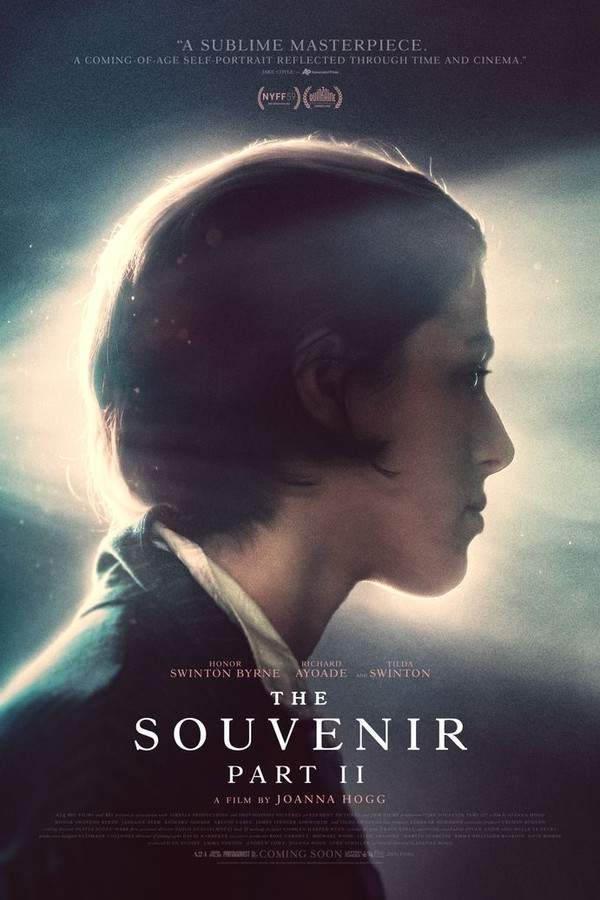
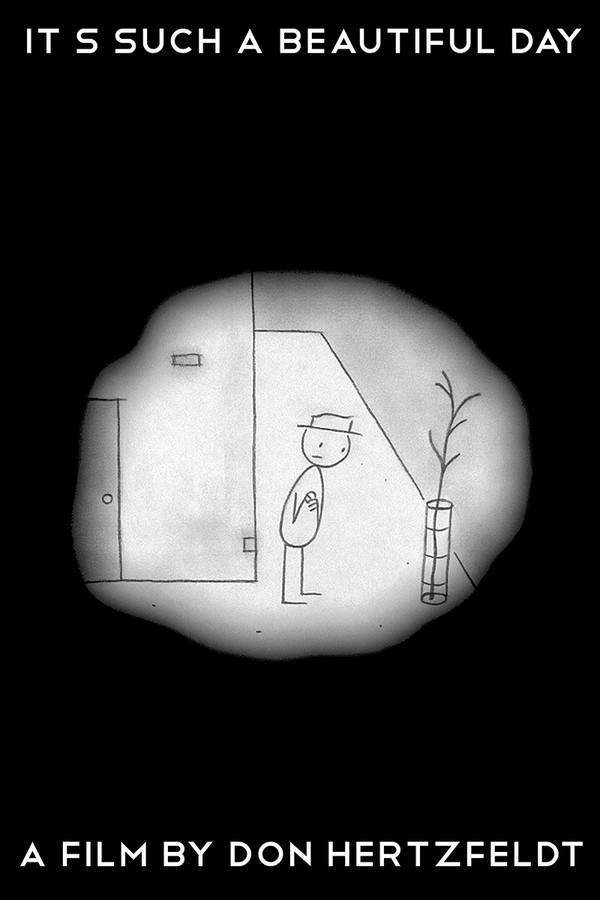
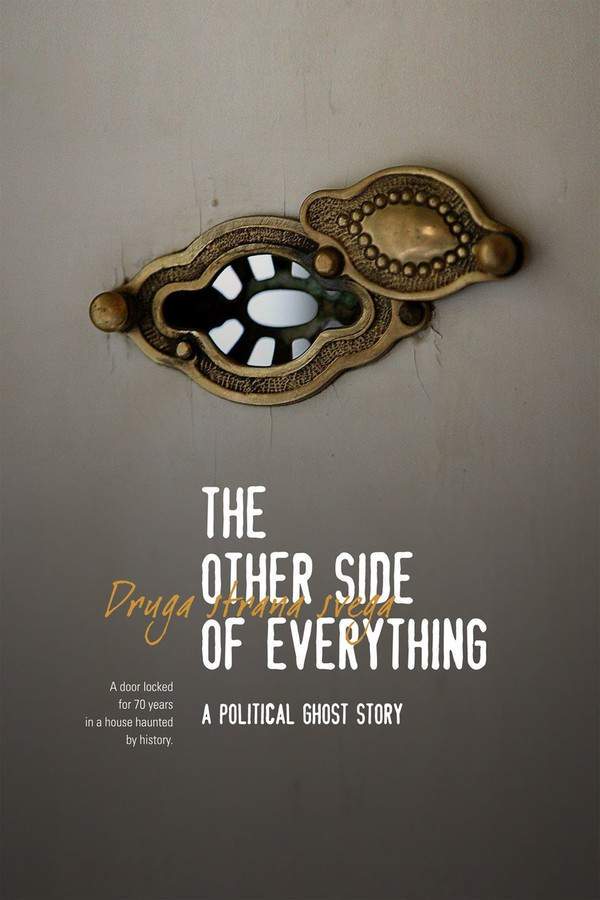
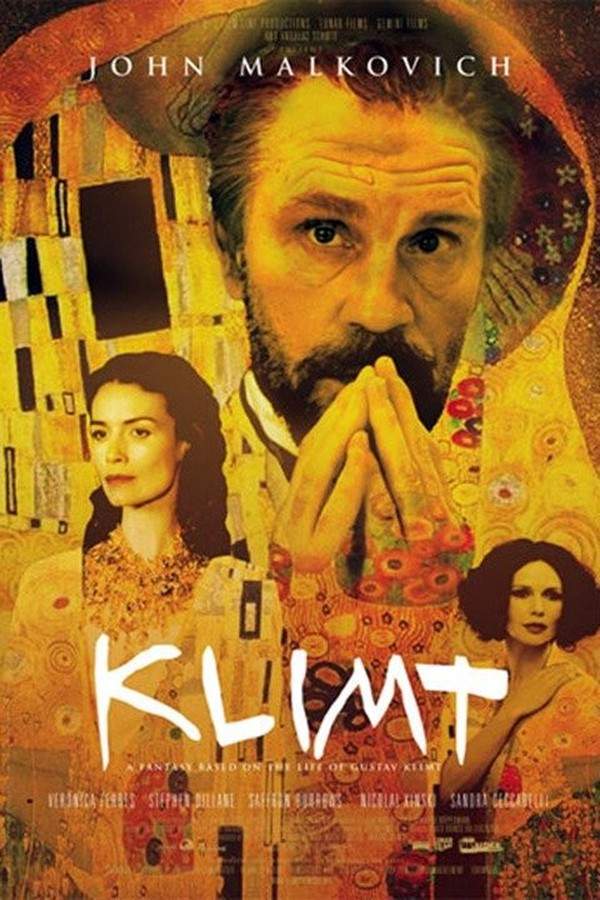
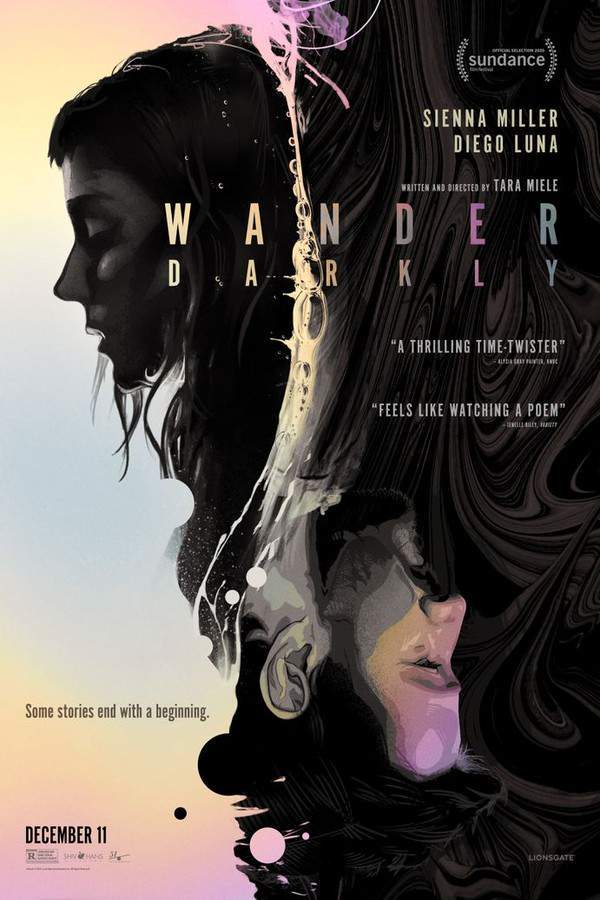

-HOGtBZMKH4I3HQ.jpg)
